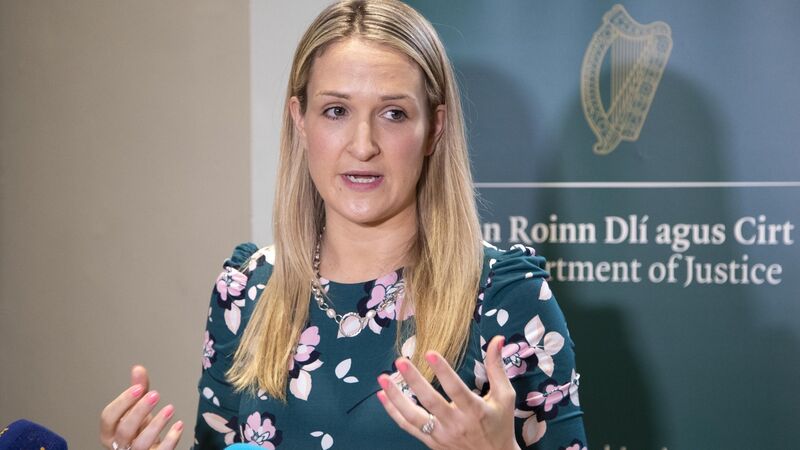Irish Examiner view: Irish-Afghan aid scheme too restrictive

Justice Minister Helen McEntee said she was “very conscious of the plight faced by the Afghan people following the collapse of the former Afghan government and the takeover by the Taliban”. Picture: Colin Keegan, Collins Dublin
A scheme allowing members of the Irish-Afghan community to apply for family members to join them here is so restrictive and bureaucratic that it is hardly worth the bother.
In September 2021, a month after Afghanistan fell to the Taliban, the Government promised an Afghan admission programme with up to 500 places.













